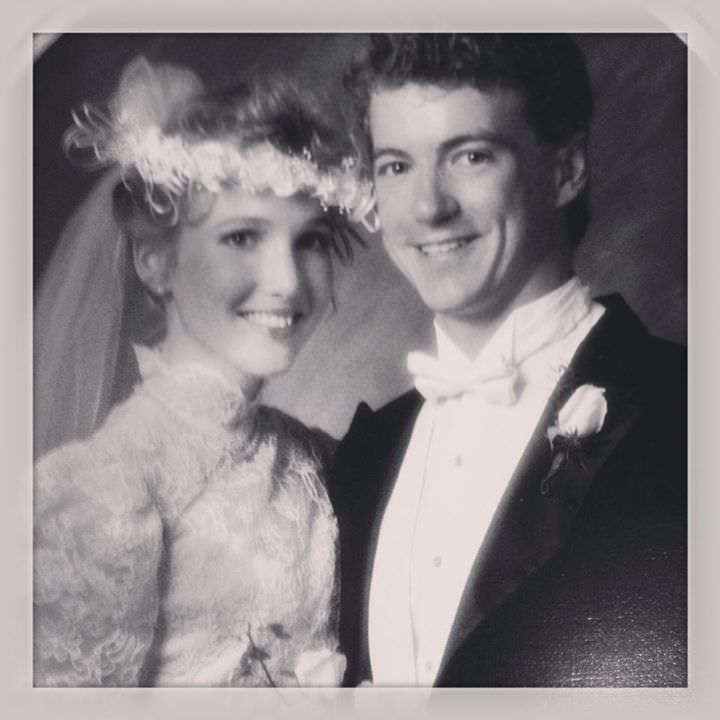Rand Paul's Fumbling on Gay Discrimination Question Was Eminently Avoidable
The right answer needs the right argument to avoid callousness.

Libertarian defenses of discriminatory business practices on freedom of association grounds can come off as extremely callous when not well-worded or well-explained. It's a bit different from defending the most disgusting of speech as a liberty matter. Despite the growth of the culture of victimization, most people realize that words cannot actually hurt you. Hence, the current backlash to college speech policing.
By contrast, getting denied a job—or worse, getting fired from your job—for discriminatory reasons that have nothing to do with work performance can really screw up somebody's life. This doesn't inherently mean that we must immediately compromise human liberty as a consequence. But it does mean that when addressing a crowd that tends to see discrimination itself as an imposition on liberty, kind of shrugging at the outcome doesn't really advance the counterargument very well.
All of this is to say that Sen. Rand Paul (R-Ky.) did not handle a question on workplace discrimination against gays and lesbians particularly elegantly when talking to college students at Duke Drake University yesterday. First here's a video of the exchange:
Paul is asked, "Do you think employers should be able to fire an LGBT employee because that person is LGBT?"
He starts off in response by saying, "I think really the things you do in your house we could just leave those things in your house and they wouldn't have to be part of the workplace to tell you the truth." I'm quoting that part directly for reasons that should be clear soon enough. He pivots to a lengthy, fairly nuanced response that discusses the consequences of making the federal government part of the solution, setting up a new classification by which people can sue, though it may actually be hard to prove whether a person was fired for being gay, and creates an "industry" of suing employers. He points out that culture is "rapidly changing," and many companies now have formal, written policies against discrimination against gays. In the middle of this response he added "If you are gay, there are plenty of places that will hire you."

So you can probably guess which two parts of his response are getting outraged attention. There is the part where he essentially says gay people shouldn't be out at work, which was genuinely terrible, stupid thing to say from a candidate who has a picture and a biography link that includes his wife on the front page of his campaign website. At this point in this "rapidly changing" society, everybody should be a bit less oblivious about how much of our relationships interact with work culture. He seems to be making the stereotypical mistake of conflating acknowledgement of a gay relationship with some sort of inappropriate workplace discussion of sexual activity.
The "you can go work someplace else" response is actually getting more criticism, because it appears very flippant taken out of context, suggesting that jobs are easy to come by. In context, that sentiment is actually placed within his explanation that many companies now have formal anti-discrimination policies, separate of federal law. But in the days of quick Twitter reactions, the full context is utterly lost. T. Becket Adams complained about the unnuanced media reaction here at the Washington Examiner. Adams calls it a "media fail." I'm not sure I agree. I definitely think Paul deserves criticism for the workplace "Don't Ask, Don't Tell" component of the response.
As for the "work elsewhere" response, Paul is well aware of his audience and at this point must certainly understand that some of his positions on LGBT issues pushes away some of the folks who agree with his calls for criminal justice reform, for scaling back the war on drugs, and for fighting against domestic surveillance. The argument that we need no additional discrimination laws needs to be focused in a positive direction, toward the fact that we've seen huge societal changes without government intervention, and that these cultural responses and pressures are much more efficient than creating a federal punitive response or catering to the current punishment-focused culture war zeitgeist. Essentially he needs to present the case that discrimination can be fought successfully without the intervention of government. He was partly there, but even though the "work elsewhere" response was more nuanced than the media would have us believe, it doesn't read as well as it needs to.
